Going Beyond Average With Inclusive Design
Designing workplaces for “the average person” used to be philosophy aimed at satisfying most of the people, most of the time. But that also excluded a lot of people who didn’t fit the average. People at work expect — and deserve — diverse options that allow them to have the same opportunities as everyone else. The emerging field of inclusive design offers strategies for everyone at work to achieve their potential.
Autism at Work
A growing number of prominent companies — SAP, Hewlett Packard Enterprises, Microsoft, Ford, Deloitte and Caterpillar, to name just a few — have programs or pilots underway to hire and accommodate people with autism. These companies recognize that people on the autism spectrum often have special skills and perspectives that represent untapped possibilities for both organizations and people on the spectrum.
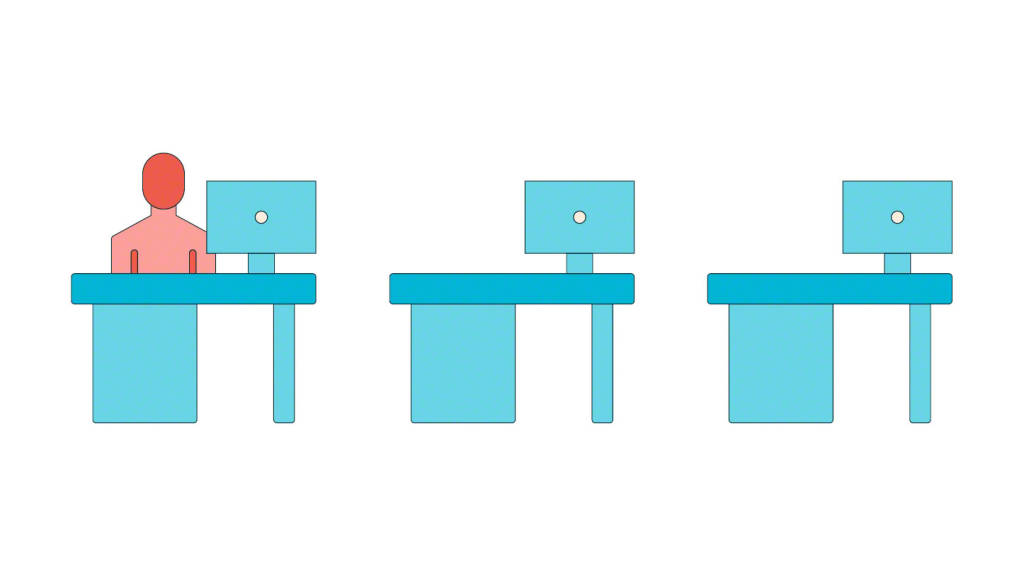
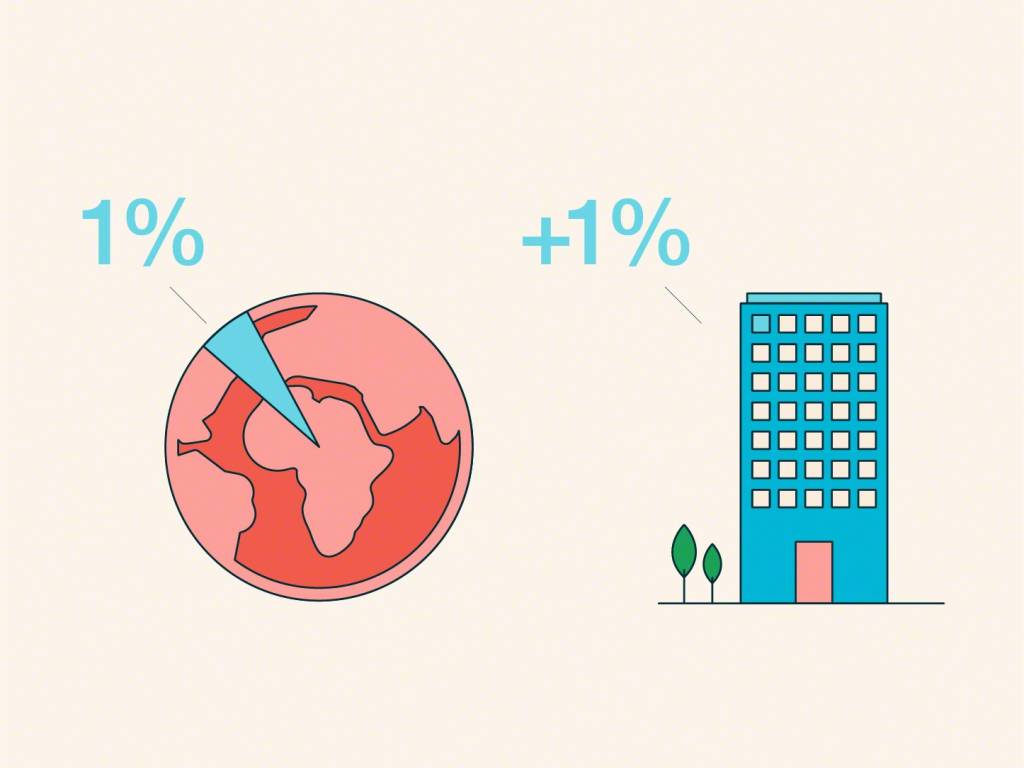
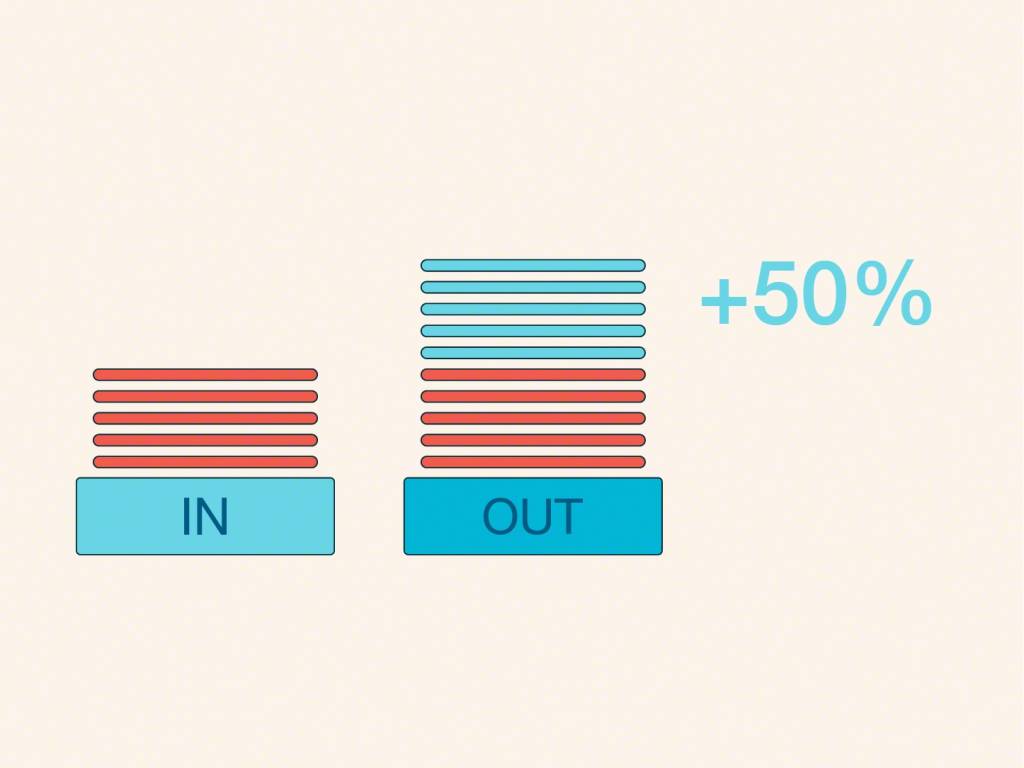
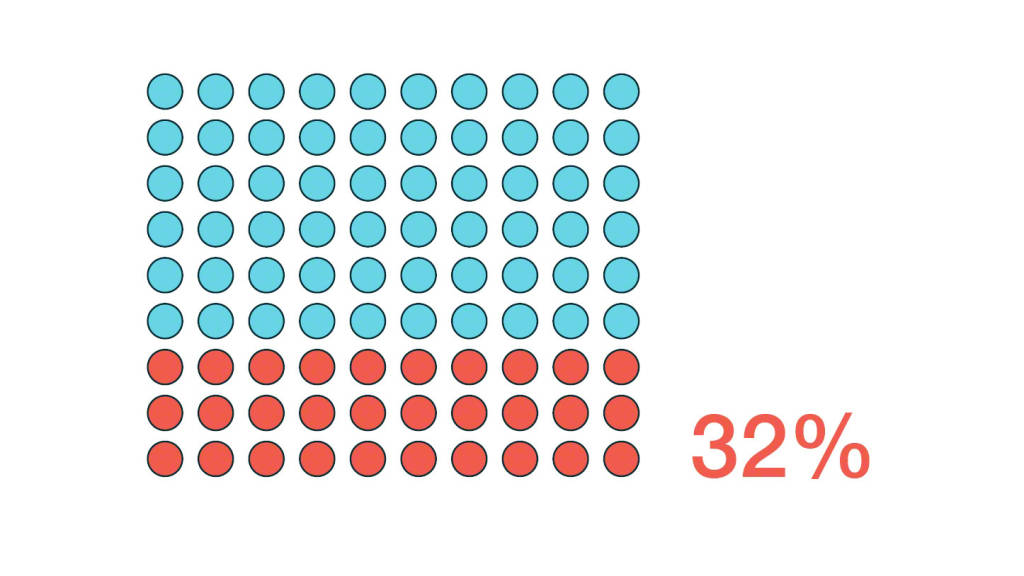
Employing people with autism calls for some often-minor adjustments to the work environment. And yet, many companies don’t recognize the need or what steps to take.
The Autism ASPECTSS™ Design Index is the world’s first evidence-based set of autism-specific design guidelines. Among its suggestions for creating autism-friendly spaces are noise reduction, clearly defined zones, logical spatial sequencing and wayfinding, and customizable spaces for respite.
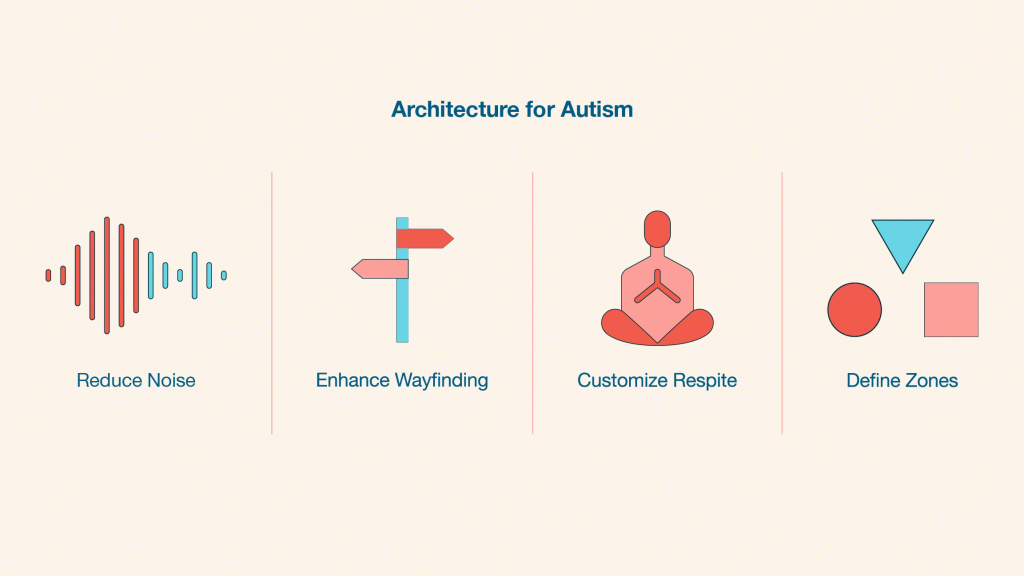
Finding Community in Coworking
The number of coworking spaces worldwide is projected to reach 25,968 by 2022, an increase of 42%, according to the Coworking Resources Global Coworking Growth Study 2019. The coworking business model is about office space as a service, but the appeal is also about social interactions, especially for mobile workers and people who are part of today’s growing gig economy.
While many coworking facilities are designed to be one-size-fits-all, a growing number now cater to specific groups who are looking for a close-knit work culture and who have needs that typical spaces don’t address.
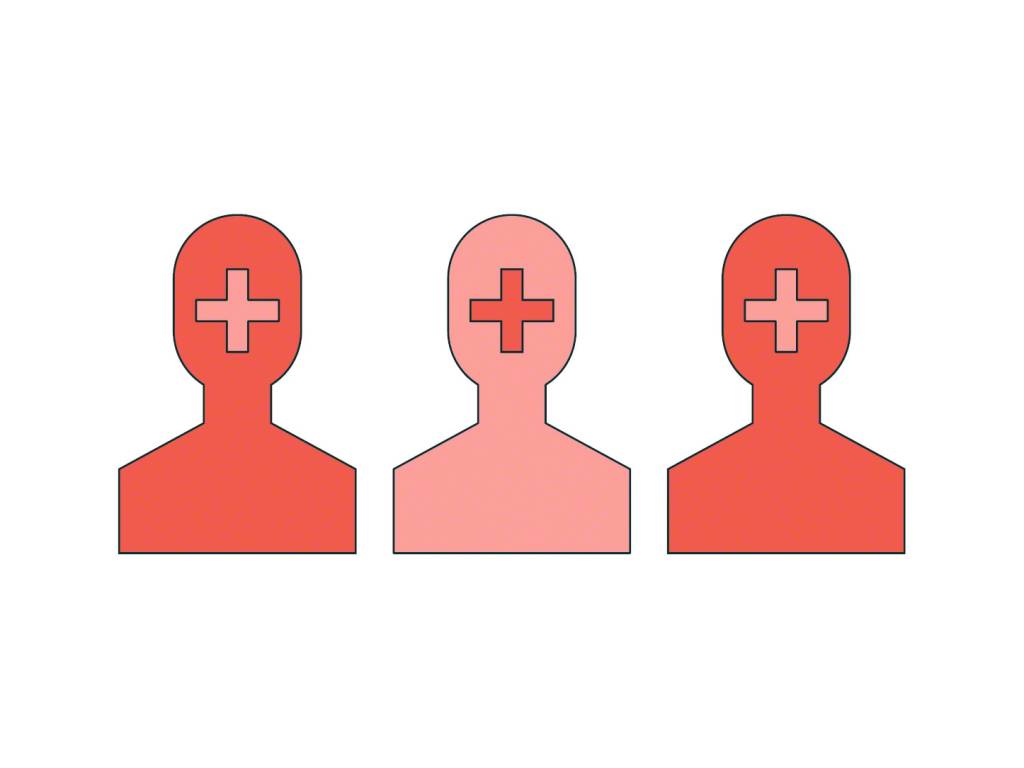
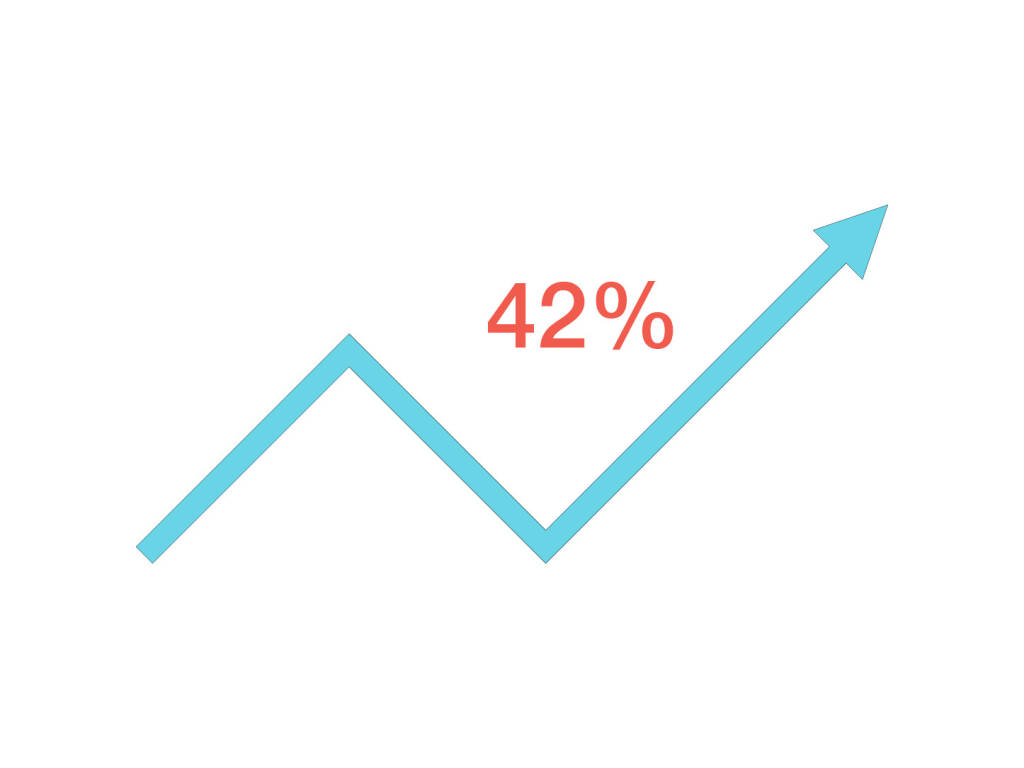
“The coworking spaces I visited felt overly masculine and didn’t exactly provide the tools and connections that I, as a woman, needed to be a successful entrepreneur.”
Women-only coworking clubs are popping up in cities throughout the world. “The coworking spaces I visited felt overly masculine and didn’t exactly provide the tools and connections that I, as a woman, needed to be a successful entrepreneur,” says the founder of one in Denver.
Six U.S. cities now offer coworking spaces just for seniors, a generation that’s living and working longer than ever. Here it’s all about feeling at ease, learning and being productive. “It’s a subtle thing, but when you’re 75 years old and you walk into a space, it should feel comfortable there,” says one New York City member.
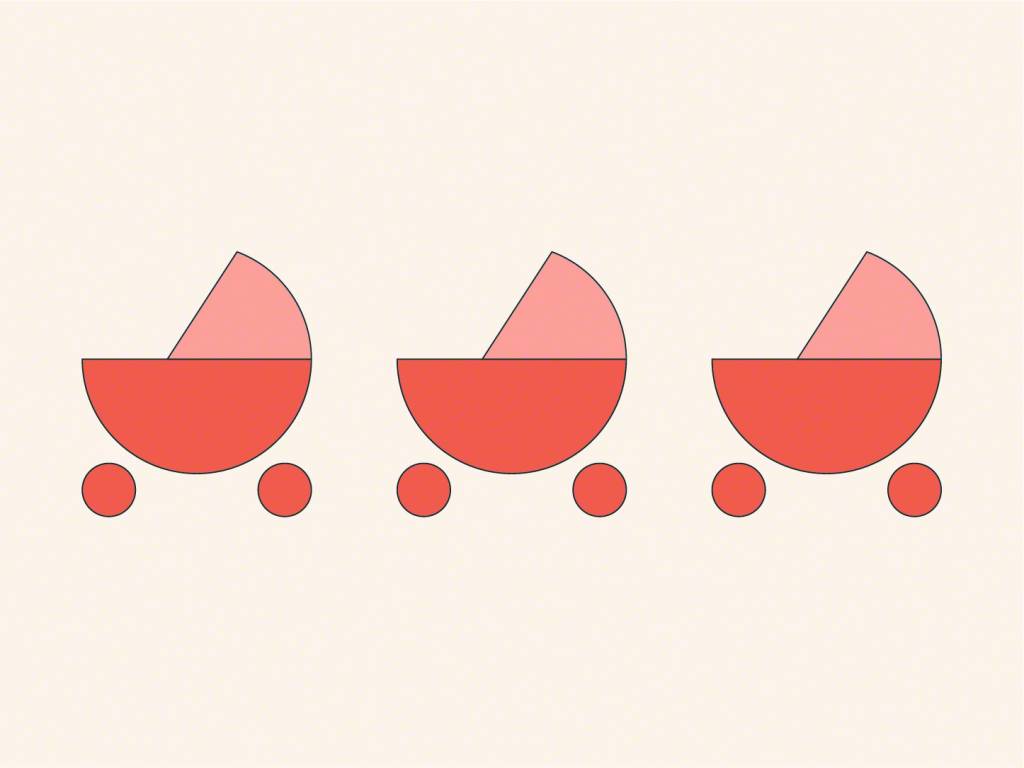

Jewish coworking spaces are newsmakers in several U.S. cities as well as Melbourne, Australia. “Just being Jewish and working with other Jewish people, there’s a sense of community and connection,” says the member of one in Chicago. “It’s more kibbutzy,” is how its founder describes the relationship.
“Just being Jewish and working with other Jewish people, there’s a sense of community and connection.”

Waking Up to the Need for Rest
While some people still have a traditional 9-5 work schedule and get a solid eight hours of sleep at night, the rise of a less predictable and more blended work/life schedule has led people to look for moments of rest outside the conventional time and place. Studies also show that a brief nap helps our brains think more clearly. Some offices have started incorporating places for rest and rejuvenation, but some people hesitate to use them, fearing perceptions of slacking. Recognizing the need, new urban enterprises offer experiences that make it as easy to go out for a nap as it is to go out for lunch.
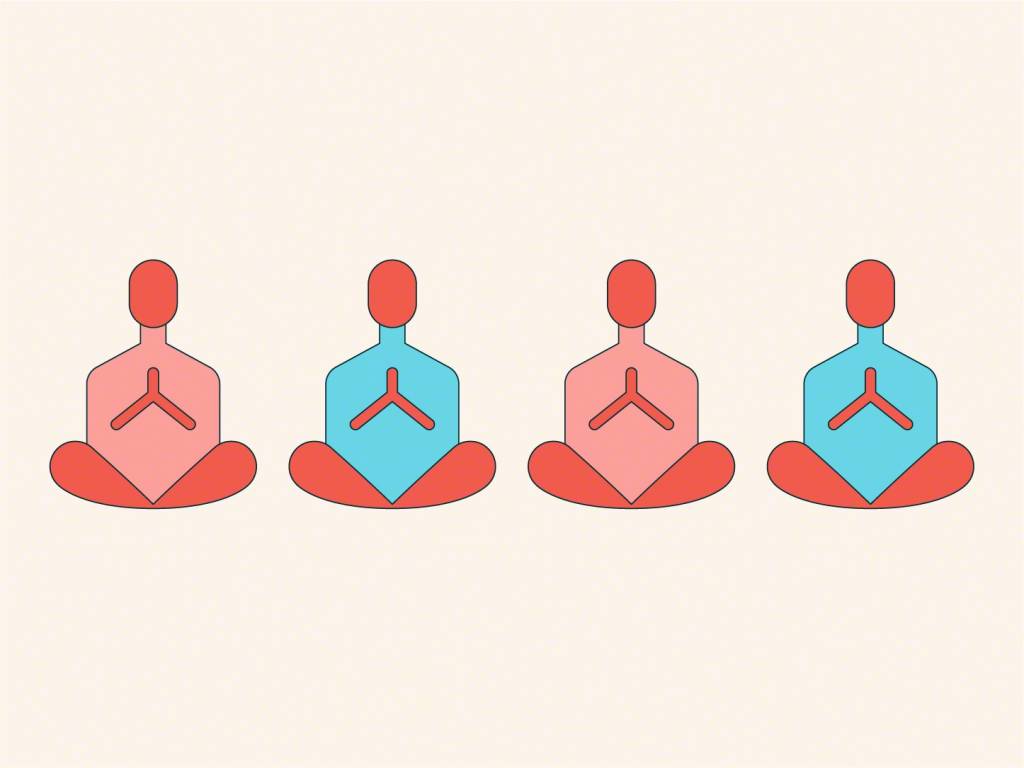
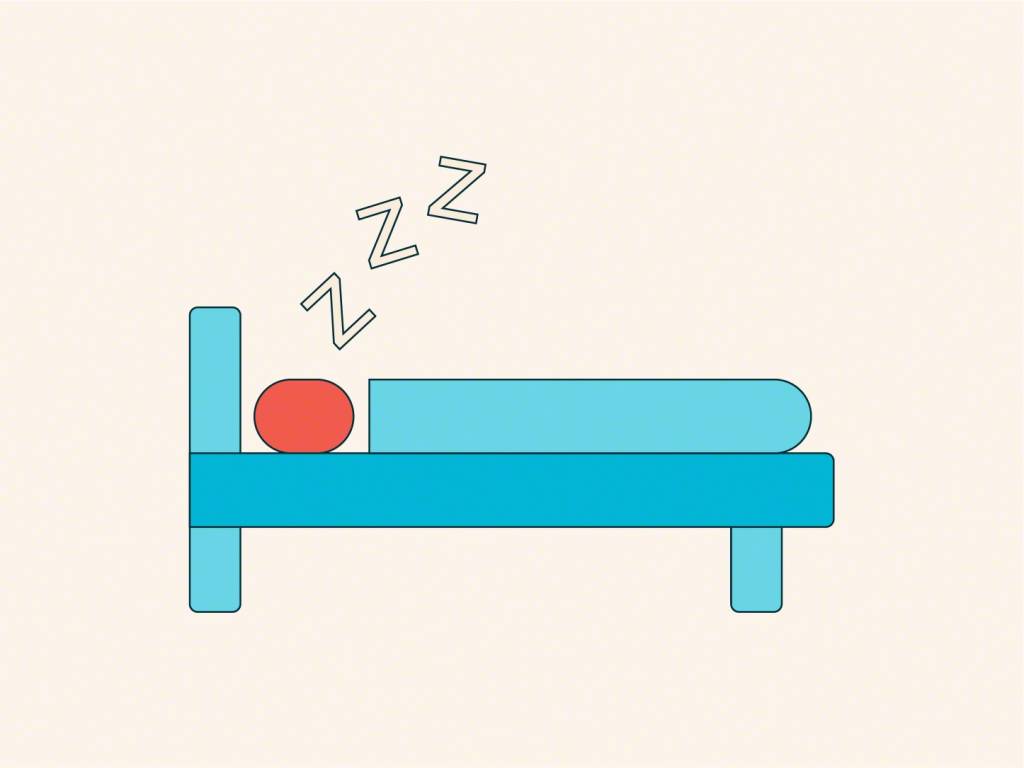
Sources
Autism Works: A Guide to Successful Employment Across the Entire Spectrum, Adam Feinstein; Harvard Business Review; jpmorganchase.com; Employee Health, Wellbeing and Benefits Barometer 2019; An Architecture for Autism, Magda Mostafa, Ph.D.; Westward Newsletter; http://trehauscowork.com; The Jewish Forward, South Florida Sun Sentinel; Coworking Resources; Fast Company; The New York Times; http://popnrest.com; Nikkei Asian Review.


